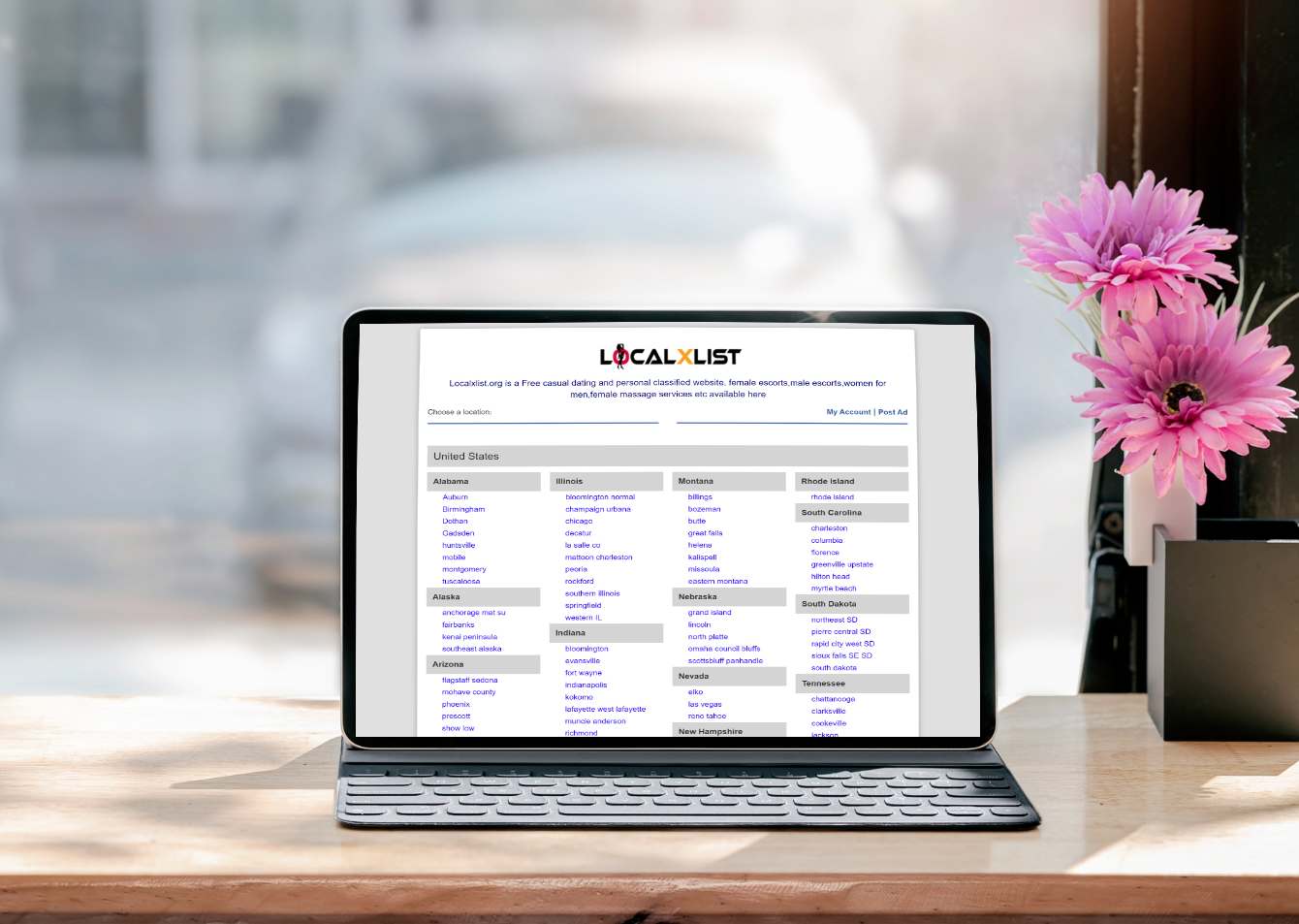Maintaining mobility and independence is essential for living a fulfilling life. Many people face challenges due to injuries, illnesses, or age-related changes that make daily tasks more difficult. Occupational therapy can play a crucial role in helping individuals regain movement, strength, and the ability to perform everyday activities with confidence.
Understanding Occupational Therapy
Occupational therapy is a type of healthcare service that focuses on improving a person’s ability to perform daily activities. Unlike other therapies that may concentrate solely on physical recovery, occupational therapy takes a holistic approach. It considers a person’s physical, emotional, and social needs to ensure they can function independently at home, work, and in their community. By addressing specific challenges, occupational therapy helps people achieve a higher quality of life.
How Occupational Therapy Supports Mobility
Mobility refers to the ability to move freely and easily. Loss of mobility can be caused by injury, surgery, chronic conditions, or neurological disorders. Occupational therapists work with individuals to assess their movement abilities and design personalized plans to improve strength, balance, and coordination. These plans may include exercises, adaptive equipment, and activity modification techniques. Over time, occupational therapy can help individuals move more confidently, reduce the risk of falls, and maintain an active lifestyle.
Enhancing Independence Through Daily Activities
Independence is closely linked to the ability to perform daily tasks such as dressing, cooking, cleaning, and personal care. Occupational therapy focuses on identifying challenges that limit independence and providing practical solutions. Therapists may teach alternative ways to complete tasks, introduce specialized tools, or suggest home modifications to make activities easier and safer. By supporting these skills, occupational therapy empowers individuals to take control of their daily routines and reduce reliance on others.
Tailored Programs for Individual Needs
Every person’s situation is unique, which is why occupational therapy programs are highly personalized. Therapists start with a detailed assessment to understand a person’s goals, limitations, and environment. Based on this information, they create a treatment plan that may include exercises to improve strength and flexibility, strategies to manage fatigue or pain, and training in the use of adaptive devices. This individualized approach ensures that therapy targets the specific needs of each person, making it more effective in improving mobility and independence.
Benefits for People of All Ages
Occupational therapy is not limited to any particular age group. Children with developmental delays can benefit from therapy to enhance coordination and daily skills, while adults recovering from surgery or injury can regain mobility and function. Older adults can use occupational therapy to maintain independence, prevent falls, and continue participating in meaningful activities. Across all ages, the goal remains the same: to improve the ability to live life to the fullest.
Supporting Mental and Emotional Well-Being
Regaining mobility and independence is not only a physical challenge but also an emotional one. Struggling with daily tasks can lead to frustration, anxiety, or depression. Occupational therapy addresses these emotional aspects by encouraging gradual progress and celebrating small achievements. Therapists also provide coping strategies and support to boost confidence and motivation. As a result, occupational therapy helps individuals feel more capable and positive about their abilities.
Integrating Occupational Therapy Into Everyday Life
The ultimate aim of occupational therapy is to make improvements that are practical and sustainable. Therapists work with individuals to apply learned skills directly to real-life situations. Whether it is learning to navigate stairs safely, managing household chores, or returning to work, occupational therapy emphasizes functional gains. By integrating therapy into everyday life, people can enjoy lasting improvements in mobility, independence, and overall quality of life.
Conclusion
Occupational therapy is a vital resource for anyone looking to enhance mobility and regain independence. Through personalized programs, practical strategies, and emotional support, occupational therapy empowers individuals to overcome challenges and live more confidently. By focusing on real-life skills and meaningful activities, it not only improves physical abilities but also enhances overall well-being. Whether recovering from an injury, managing a chronic condition, or seeking to maintain independence as we age, occupational therapy offers a path toward greater freedom and a better quality of life.




